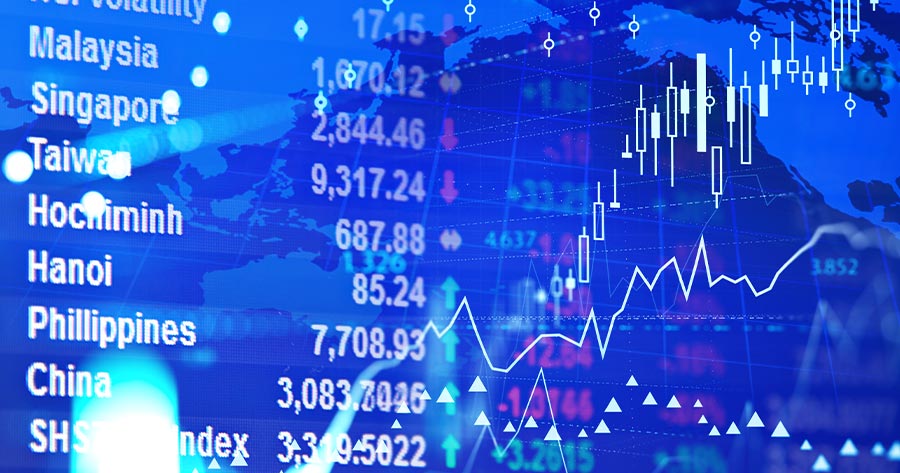On Monday morning (14 April, 8:53 AM, GMT+7, Bangkok time), indices in Asia Pacific exhibited an upward trend following a decision by U.S. President Donald Trump to delay imposing tariffs on certain consumer electronic goods. This helped improve investor confidence and appetite for risk.
Trump has paused tariffs on phones and computers for now but hinted they might not be permanent. Asian countries get ready for trade talks with the U.S. this week.
Japan’s top trade representative is set to meet with U.S. officials in the coming days, as per local broadcaster NHK.
Japan’s NIKKEI surged by 1.25% to 34,003.95. South Korea’s KOSPI grew by 0.79% to 2,451.85, and Australia’s ASX 200 increased by 0.9% to 7,715.6.
As for stocks in China, Shanghai’s SSEC added 0.42% to 3,251.78. Hong Kong’s HSI jumped by 1.76% to 21,283.75, and Shenzhen’s SZI expanded by 0.85% to 9,917.97.
Meanwhile, the US stock markets edged up on Friday as the Dow Jones Industrial Average (DJIA) gained 1.56% to 40,212.71. NASDAQ soared by 2.06% to 16,724.46, and S&P 500 increased by 1.81% to 5,363.36. VIX slumped by 7.76% to 37.56.
As for commodities, oil prices settled higher on Friday following statements by U.S. Energy Secretary Chris Wright suggesting the halting of Iran’s oil exports to pressurize the country regarding its nuclear program. Brent futures rose $1.43 or 2.26% to $64.76 a barrel, and the West Texas Intermediate (WTI) escalated $1.43 or 2.38% to $61.50 per barrel.
This morning, Brent futures dropped 18 cents or 0.28% to $64.58 a barrel, and the WTI declined 18 cents or 0.29% to $61.32 per barrel.
Meanwhile, gold futures climbed 0.31% to $3,254.8 per Troy ounce.




